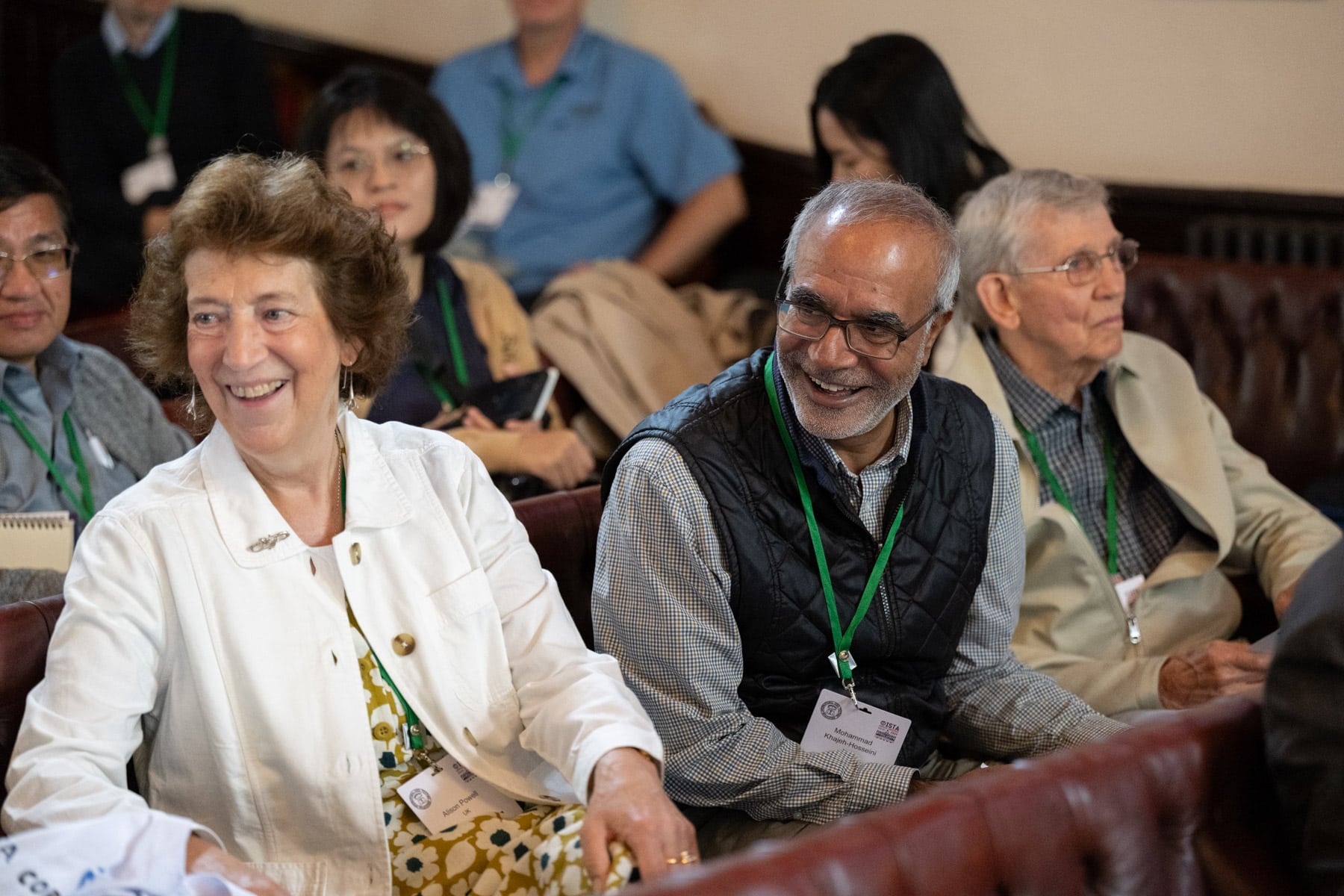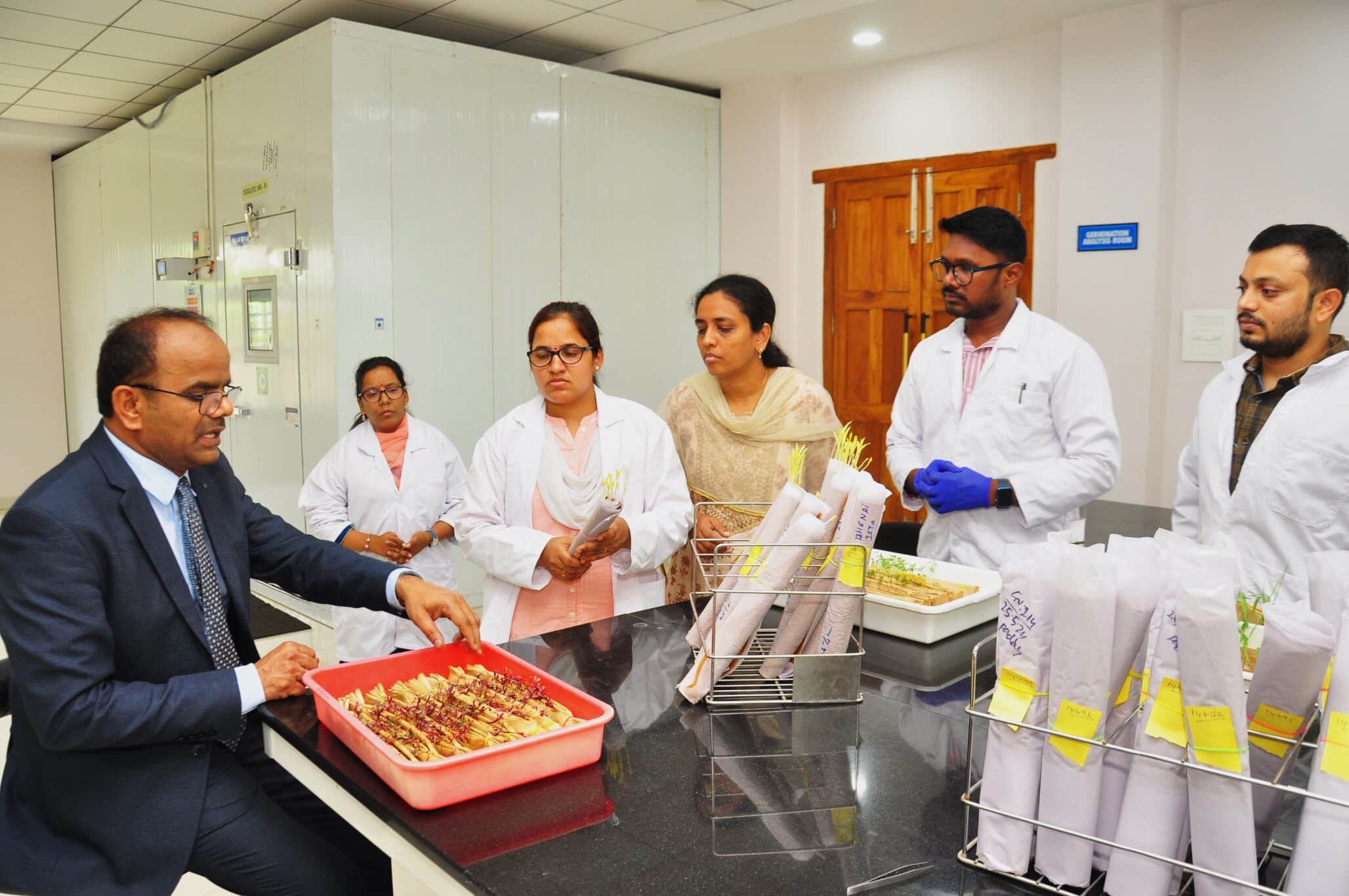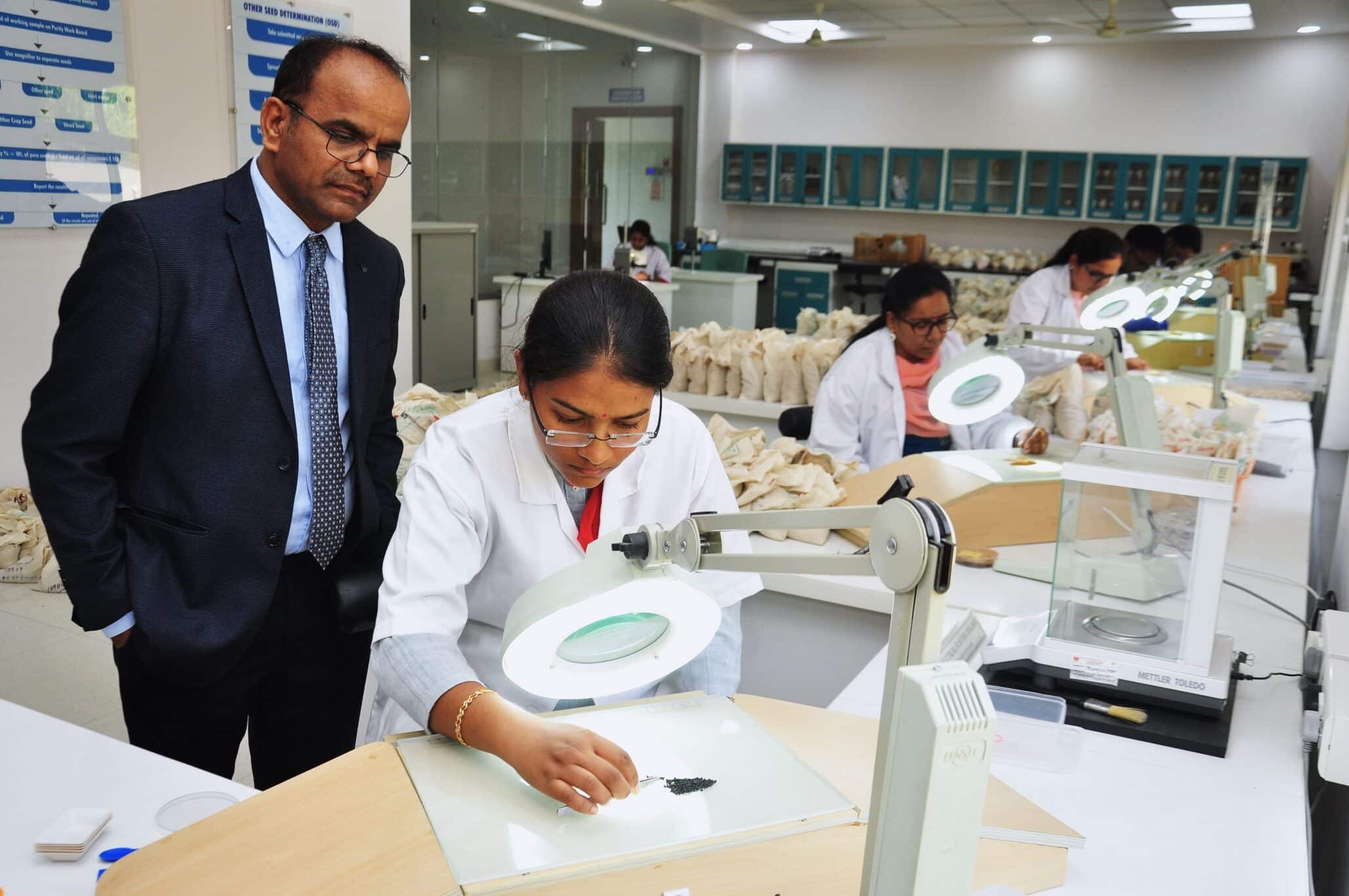ISTA depends on its Technical Committees and its many offerings to members to move global seed testing forward. Day 2 of ISTA’s Centenary Annual Meeting featured updates from ISTA’s many committees.
The International Seed Testing Association is, by its very nature and its core mandate, an organization focused on details and structure. Perhaps not surprisingly, it breaks its work into an impressively long list of clearly defined working groups called Technical Committees.
“We have more than 270 seed scientists and analysts involved in these committees,” says ISTA’s secretary general, Andreas Wais. “ISTA highly appreciates the efforts they put into fulfilling ISTA’s vision and mission.”
At ISTA’s Centenary Annual Meeting, the schedule both today (Day 2 of the event) and tomorrow are committed near solely to updates from each of ISTA’s many Technical Committees, including:
- Advanced Technologies Committee;
- Bulking and Sampling Committee;
- Flower Seed Testing Committee;
- Forest Tree and Shrub Seed Committee;
- Germination Committee;
- Moisture Committee;
- Nomenclature Committee;
- Proficiency Test Committee;
- Purity Committee;
- Rules Committee;
- Seed Science Advisory Group;
- Seed Health Committee;
- Statistics Committee;
- Seed Storage Committee;
- Tetrazolium Committee;
- Variety Committee;
- Vigour Committee;
- GMO Committee;
- Wild Species Working Group; and
- Editorial Board of Seed Science and Technology.
As Wais and ISTA president Keshavulu Kunusoth explain here, the principal objective of ISTA’s Technical Committees is to develop, standardise and validate methods for sampling and testing seed quality, using the best scientific knowledge available.
The brains and effort behind ISTA’s Technical Committees includes scientists, technicians and specialists from right around the world, all working closely together to further seed testing methodologies. Committees conduct a variety of work, from studies and surveys in their respective research fields, to publishing updates and handbooks, to organizing events including symposia, workshops and seminars to exchange information and ideas. Once per year, all the Technical Committees come together at ISTA’s annual meeting to present to the wider group their efforts and progress of the year prior, as well as their plans for the year ahead.
“The Technical Committees are the backbone of the association,” adds Wais. “Most of them have responsibility for at least one chapter of the ISTA rules. Some of them may not have, but those ones are specialized in special crop groups like forest seeds, flower seeds or wild species, or they deal with science and technology. All of their efforts are so important to the success of our organization.”













